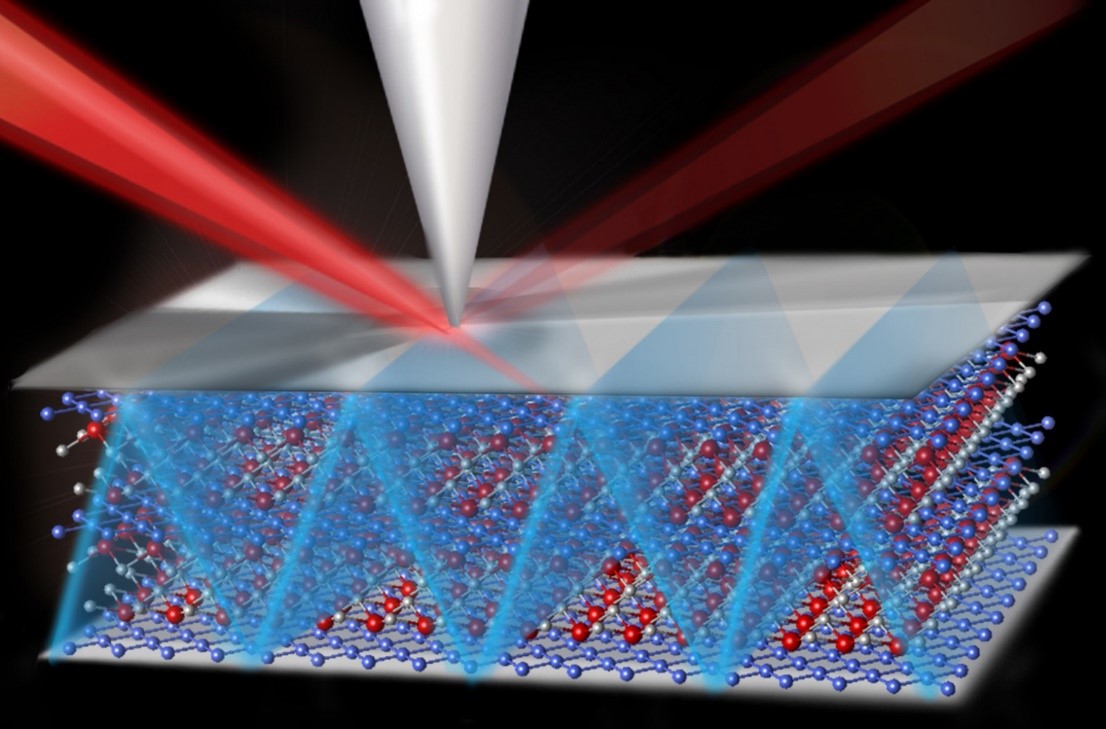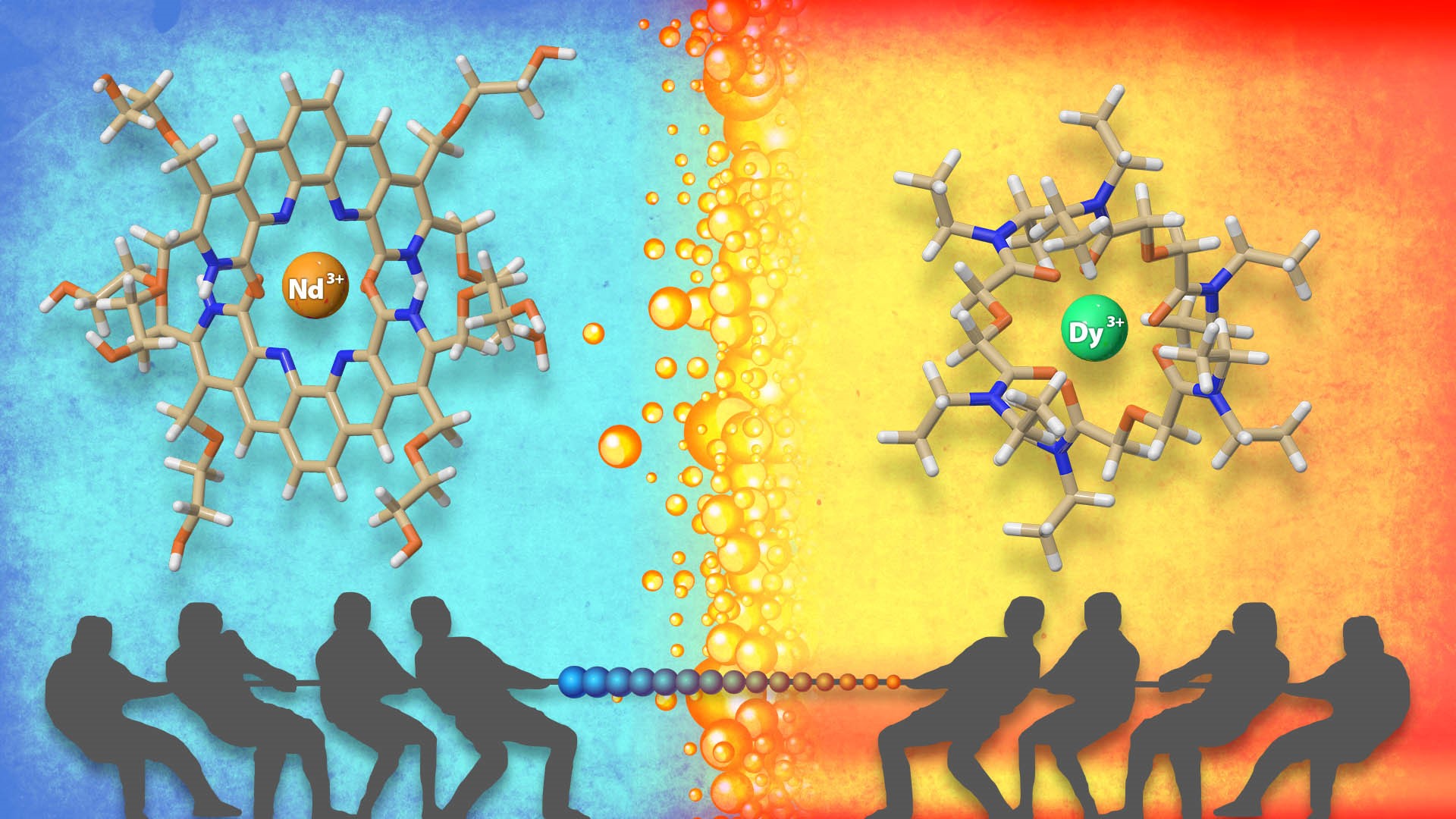Artificial Intelligence (AI)

Image courtesy of Rama Vasudevan, Oak Ridge National Laboratory
Virtual laboratories can enable optimization of experimental plans, accelerate training, provide starting points, and enable automated generation of analysis codes and workflows for end-to-end scientific experiments, from hypothesis to execution to analysis.
Basic Energy Sciences (BES) activities in artificial intelligence and machine learning (AI/ML) advance the use of modern data science approaches to accelerate discovery in chemical and materials sciences, to maximize the production, analysis, and control of data generated at scientific user facilities, and to optimize the facilities’ scientific output. In an October 2019 BES Roundtable, four Priority Research Directions for AI/ML at BES user facilities were identified:
- Efficiently extract critical and strategic information from large, complex datasets
- Address the challenges of autonomous control of scientific systems
- Enable offline design and optimization of facilities and experiments (virtual laboratory, above)
- Use shared scientific data for machine learning–driven discovery
In addition, recent BES workshops and roundtables identified priority research directions and opportunities for basic research that include improving the use of data as a pathway to advance progress on challenging technical barriers for energy technologies and to advance scientific understanding. Key examples include recent reports on carbon neutral hydrogen, transformative manufacturing, and microelectronics – including the importance of “co-design,” integrating computation, data science, experiments, and system design together to accelerate progress and innovations.
Press Releases and Award Lists
- DOE Announces $26 Million to Advance Chemical and Materials Sciences with Data Science (August 2021)
- Department of Energy Announces $37 Million for Artificial Intelligence and Machine Learning at DOE Scientific User Facilities (August 2020)
- Department of Energy to Provide $27.6 Million for Data Science Research in Chemical and Materials Sciences (August 2019)
- Data, Artificial Intelligence, and Machine Learning at Scientific User Facilities
- Data Science to Advance Chemical and Materials Sciences
- Data Science for Discovery in Chemical and Materials Sciences
BES Workshops
Contacts
Robin Hayes
Program Manager
robin.hayes@science.doe.gov



